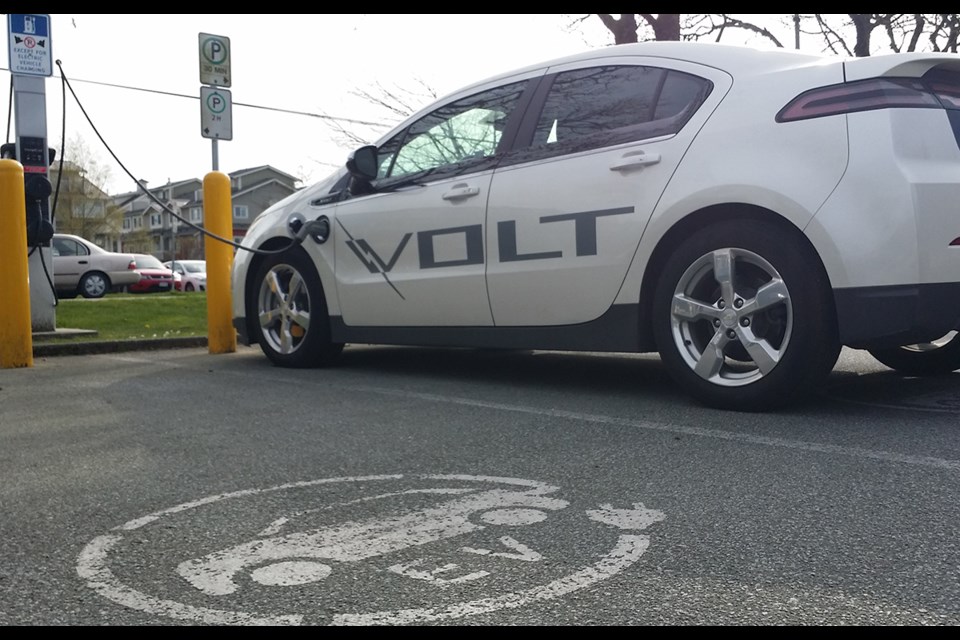After dipping into its carbon credits for 2014, the City of Richmond will likely need to purchase even more credits by 2017, in order to remain "carbon neutral," according to a report from city energy manager Levi Higgs.
And that may be accomplished with a new, local carbon marketplace.
In 2014 the city emitted 8,350 tonnes of CO2 from the likes of city buildings and its vehicle fleet. Conversely it received 7,968 tonnes of CO2 emission credits from its organics recycling program and its share of the methane gas capturing done by Metro Vancouver.
The city has 5,413 tonnes of carbon credits in a reserve but will lose its annual credits for methane gas (4,300 tonnes), next year.
"The surplus that we have does buy us some time," Higgs told Richmond City Council Monday.
In turn, Richmond will need to buy carbon credits, Higgs noted.
To do so, the city is developing the Richmond Carbon Marketplace, whereby the city may purchase carbon credits from community partners and businesses that bring forward greenhouse gas saving projects.
Higgs said the marketplace is still a work in progress.
Last year, the City of Richmond said it was considering looking at a system whereby carbon credits could be purchased from homeowners who were applying green energy initiatives, such as solar panels.
The city is always exploring avenues to reduce energy emissions, Higgs told council. For instance, recently the city cut its natural gas use by 20 per cent at the Richmond Ice Centre with a new heat recovery system.
As well, Higgs said the city could find new sources of credits, such as from the bog restoration project at the Garden City Lands, or further green space purchases.
The city does not include emissions from the Richmond Olympic Oval (because it is a subsidiary company of the city), nor does it include fleet emissions related to construction and new developments, per provincial reporting protocol, standards and requirements. Yet, at the same time, carbon offsets gained through its geothermal initiatives, via the Lulu Island Energy Corporation, another subsidiary company of the city, could be quantified (following a third party assessment), according to the city.



